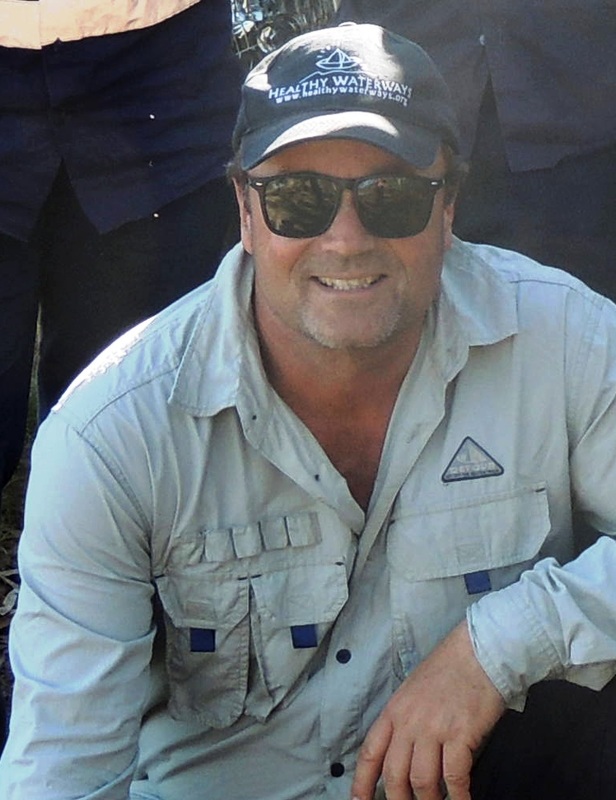Australia is an unusual place in terms of its wildlife and in particular birds. The prevalence of honeyeaters is remarkable. From our urban backyards, parks and reserves to the wetlands, eucalypt and paperbark forests to our mountain and coastal rainforests you will find honeyeaters.
Australia is the land of sugar and nectar. The country’s generally poor and ancient soils lack a number of nutrients suitable for plant growth. Many of our native plants including eucalypts, melaleucas, banksias and grevilleas produce large amounts of excess sugar. These sugars are a product of photosynthesis and due to the lack of soil quality including some amino acids, many plants have diverted these excesses into the production of high amounts of nectar in order to attract and exploit animals as pollinators and seed dispersers.
The general absence of arboreal mammals in Australia has provided opportunities for honeyeaters to diversify and take advantage of this bounty and there are over 75 species in Australia. They range from the large and noisy friar and wattlebirds, the small and busy brown honeyeaters to the mob forming minor birds.
You can see many of these honeyeaters taking advantage of our backyards especially where people have planted “bird-attracting” gardens. If you take a look at the remaining forests of paperbark and eucalypt around Moreton Bay you will also see many different types of honeyeaters along with lorikeets feeding on the seasonal waves of flowers. They also take advantage of the insects associated with these plants and in particular psyllids which produce honeydew shelters on the underside of leaves known as lerps. Late winter and early spring provides an opportunity to see other species of honeyeater including the scarlet honeyeater.
Further reading:
Tim Low (2015) Where song began: Australia’s birds and how they changed the world.
Australia is the land of sugar and nectar. The country’s generally poor and ancient soils lack a number of nutrients suitable for plant growth. Many of our native plants including eucalypts, melaleucas, banksias and grevilleas produce large amounts of excess sugar. These sugars are a product of photosynthesis and due to the lack of soil quality including some amino acids, many plants have diverted these excesses into the production of high amounts of nectar in order to attract and exploit animals as pollinators and seed dispersers.
The general absence of arboreal mammals in Australia has provided opportunities for honeyeaters to diversify and take advantage of this bounty and there are over 75 species in Australia. They range from the large and noisy friar and wattlebirds, the small and busy brown honeyeaters to the mob forming minor birds.
You can see many of these honeyeaters taking advantage of our backyards especially where people have planted “bird-attracting” gardens. If you take a look at the remaining forests of paperbark and eucalypt around Moreton Bay you will also see many different types of honeyeaters along with lorikeets feeding on the seasonal waves of flowers. They also take advantage of the insects associated with these plants and in particular psyllids which produce honeydew shelters on the underside of leaves known as lerps. Late winter and early spring provides an opportunity to see other species of honeyeater including the scarlet honeyeater.
Further reading:
Tim Low (2015) Where song began: Australia’s birds and how they changed the world.

 RSS Feed
RSS Feed
